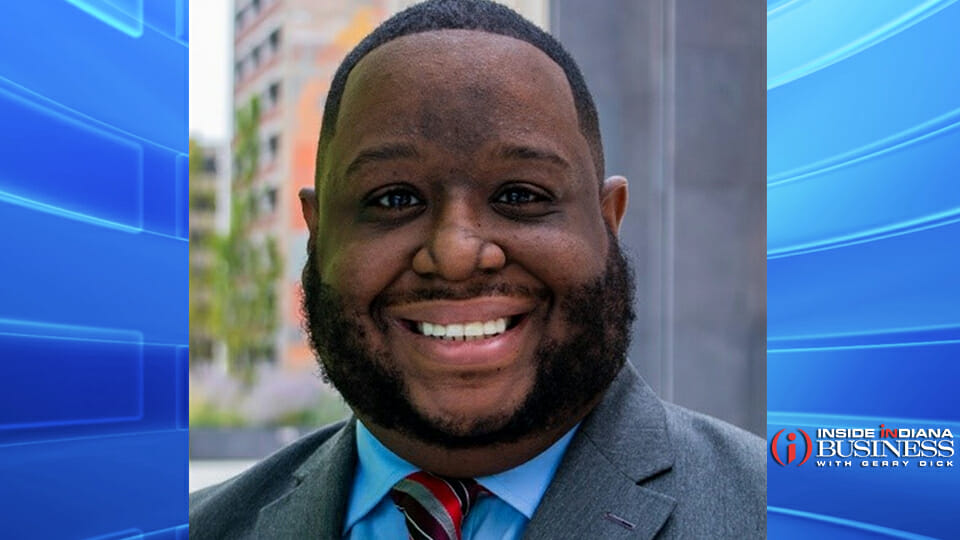The triumphs and trials of Black History Month
Subscriber Benefit
As a subscriber you can listen to articles at work, in the car, or while you work out. Subscribe Now
Black History Month’s annual African American history and culture celebration take place each February. This month is a source of inspiration as it celebrates our unique history and accomplishments from the past. The importance of Black History Month in today’s time is significant, as it is the perfect opportunity to acknowledge the past and bring awareness to the present circumstances of Blacks in the U.S.
Today, we still bear witness to many historic firsts in our community. But in the background are the continued daily struggles of institutional discrimination, economic barriers and more. These struggles represent an ongoing battle for Black Americans to achieve equal rights and opportunities in the current landscape.
Racial discrimination has been something Black people have experienced since the dawn of this country. Still, laws and specific practices, such as the Jim Crow laws and redlining, to name a few, have made it even more difficult for African Americans to succeed. These laws and practices have allowed institutions, such as banks and mortgage companies, to refuse services to black people due to their color, thus forcing them into the severest form of poverty. Sadly, these practices are still happening today, with some banks and mortgage companies denying Black families access to wealth. These efforts continue to have a detrimental effect on communities of color as these practices have created an even wider income gap.
Other struggles Black Americans face include higher poverty rates, a lack of access to quality education, targeted discriminatory practices in the housing and job markets, unequal access to healthcare, higher rates of violence and more. Additionally, Black Americans often experience racial bias in the criminal justice system and a lack of political representation.
Brookings, a nonprofit public policy organization that conducts in-depth research that leads to new ideas for solving problems facing society at the local, national and global level, produced an article called “The demographics of racial inequality in the United States” in July 2020 that underscores our struggles through statistics. Just some of the highlights include:
- 1 in 2 Black adults with a college degree or more have had a family member in jail or prison
- 1 in 3 Black families have zero or negative wealth
- 1 in 5 Black borrowers are turned down for a conventional loan
- 1 in 7.5 Black adults have overdrafted their bank account in the past three months
- 1 in 9 Black Americans aged 0 to 64 are uninsured
During Black History Month, we recognize historical figures – past and present – such as Rosa Parks, Martin Luther King, Jr., Barack Obama, Ketanji Brown Jackson, Kamala Harris and many more for their contribution to the Black community and the American landscape. We recognize these historical figures because they were or are on the frontlines of building the foundation and breaking glass ceilings for our people. But this month, we must not forget the everyday Black person on the frontlines of their communities and families, creating opportunities to end generational curses of inequalities.
People can celebrate Black History Month in various ways, and in doing so, they can also help support Black Americans and their ongoing struggles. For example, one way to celebrate Black History Month is to attend a diversity event or devote time to researching Black contributions to history. In doing so, people can become more aware of Black Americans’ accomplishments, history, and struggles, deepen their understanding of our lives and bring transformative change to the community.
If you can create opportunities in specific sectors (jobs, housing, lending, etc.), use your authority and sphere of influence to provide those growth opportunities to the Black community. To break the inequities our people have dealt with for generations, we must have access. This effort will set the path of breaking inequities for our children and grandchildren.
So, this Black History Month, let’s do something different. Learn about our culture. Be a change agent. Take steps to advance our causes. We must do this every month of the year, not just February. It will be the first of many steps to truly live up to the allegiance of one nation under God, indivisible, with liberty and justice for all.
